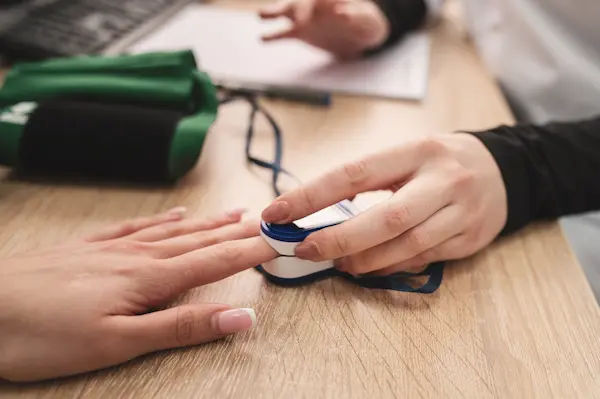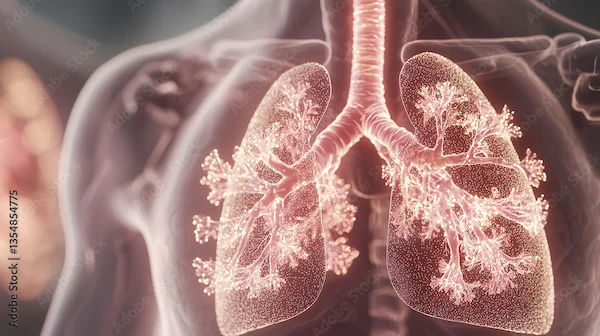- male
- 45 Years
- 07/02/2025
I was covid positive and just got a negative test result on May 22nd. My SR value was 16.44. I didnt really have any big issues, just a little fever and body pain. But now, even after a month, my oxygen levels have dropped from 98 to 94 and they're not going up. Should I be worried? What should I do?
Answered by 1 Apollo Doctors
do chest x ray and review further
Dr. Dhankecha Suggests...
Consult a Pulmonology Respiratory Medicine Specialist
Answered 04/07/2025
0
0

More Pulmonology/ Respiratory Medicine Health Queries
View allI've been dealing with a cold and cough for the past three days and now I'm starting to have this wheezing issue. What can I do or take for it? Are there any medicines or suggestions that might help?
Tab augmentin duo 625mg ,orally ,thrice daily for 5 days advised to the patient.Also syrup salbutamol 10ml thrice daily for 7 days is advised to the patient.Steam inhalation is also advised twice
read more![Doctor 1]()
![Doctor 2]()
Answered by 1 Apollo Doctors
I'm really concerned about my friend's oxygen saturation levels. They've been all over the placesometimes it starts at 76 and then jumps up to 93 or 94 after a few minutes. He doesn't have any symptoms and seems fine otherwise, but his family is worried because their levels are all at 99 spO2. Is it normal for oxygen levels to fluctuate like this in someone who's not showing any symptoms? Should we consider getting him a COVID test or something just to be sure?
it is normal for a person , don't worry. no need of any tests
read more![Doctor 1]()
![Doctor 2]()
Answered by 1 Apollo Doctors
I've been having to take a deep breath every 10 seconds for the past week. It started after I got a viral fever, the fever's gone now but I'm still finding it really hard to breathe. What's going on? Should I be worried?
steam inhalation 4-5 times a day
read more![Doctor 1]()
![Doctor 2]()
Answered by 1 Apollo Doctors
Disclaimer: Answers on Apollo 247 are not intended to replace your doctor advice. Always seek help of a professional doctor in case of an medical emergency or ailment.




.webp)
